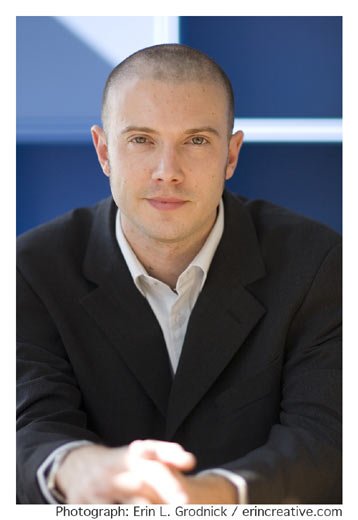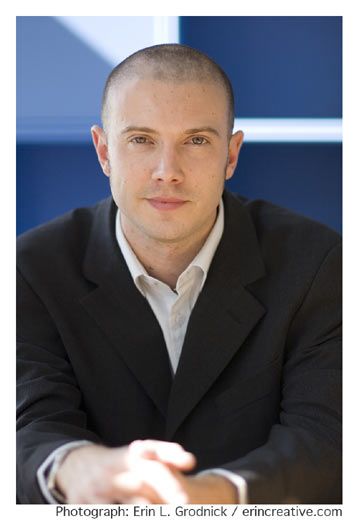How to be a Productivity Ninja
Published by Gbaf News
Posted on December 1, 2012
6 min readLast updated: January 22, 2026

Published by Gbaf News
Posted on December 1, 2012
6 min readLast updated: January 22, 2026

By Graham Allcott, founder of Think Productive, author of ‘How to be a Productivity Ninja’

Great decision-making comes from the ability to create the time and space to think rationally and intelligently about the issue at hand. Decisions made during periods of panic are unlikely to give us the edge.
And be sure that you’re not forgetting important items by keeping all of your support information in a system, not in your head. Be sure that you’re not distracted and stressed by what you could be forgetting – by using a ‘second brain’ instead of your own head as the place where information and reminders live.
As a result you can stay calm, present and in the moment, focusing on one thing at a time – knowing that your ‘second brain’ will be there to remind you later about everything else.
As well as needing to make more and better decisions, we need to be choosier, too: processing information to sort the wheat from the chaff. Ruthlessness isn’t just about how we process information though, it’s also about our ability to protect our time and attention, focusing only on the things that add the greatest impact, even at the expense of other things that are ‘worth doing’.
Being ruthless also means being selective about how we achieve our goals. In some areas of our work, perfection is healthy and even necessary but in other cases, it needs to be avoided as it prevents us from moving on to the next thing and isn’t efficient.
There are a range of tools out there to help keep us on top of our game. There are two broad types of tools that the Productivity Ninja needs to have in their armoury:
Thinking tools, such as checklists and management models, provide a way to guide our thinking through tried and tested themes and questions – and because they’re models, they don’t rely on our own memory, so they work as well at 4pm on a Friday as at 10am on a Monday!
One of the worst things you can do is make yourself always available. It’s an invitation to some of your biggest enemies: distraction and interruption. Keep out of the limelight until you’ve got something you need others to hear.
If your attention and focus is likely to be impeded by unlimited access to the internet and you’re likely to be tempted by its millions of distraction possibilities.
What’s important is the end result, not the means to get there. Everything else is up for grabs. A Productivity Ninja should recognise that it doesn’t matter how the job gets done. The important thing is that it’s done. It’s important to be on constant lookout for every opportunity to take advantage of progress and innovation and do things more easily. We must avoid getting stuck in a rut and doing things less efficiently than we could, at all costs.
Our minds are our most important tool. Being emotionally intelligent and self-aware are important for so many reasons, not least because this equips you to take action.
Explore more articles in the Top Stories category











